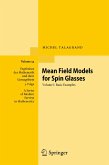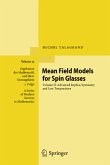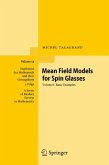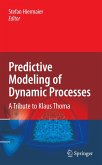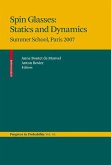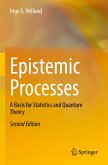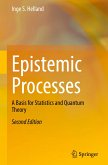The results presented in this monograph mainly concern on use of large deviation techniques to study spin glasses. It is suitable for graduate students in Advanced Probability Theory, Mathematical or Computational Physics or for advanced (fourth year) undergraduates who specialize in the above areas. In addition, the results and the techniques presented in the book shall be useful to those who are interested in probabilistic tools for localized spin systems. The book starts with a brief introduction to spin glasses and their models and then proceeds to introduce the statistical mechanics formulation of spin glasses via mathematical point of view. Using these, solutions to some well known spin glasses models (e.g. Random Energy Model) are given in simple but rigorous manner which is followed by presenting the solution to a spin glass model on a disordered tree. Applications of these in error correcting codes in telecommunications and also in critical crashes in finance are given in the later chapters. In addition, details of a computer simulation to compute entropy of a spin glass model (in fact a neural network) is also given.
Bitte wählen Sie Ihr Anliegen aus.
Rechnungen
Retourenschein anfordern
Bestellstatus
Storno


